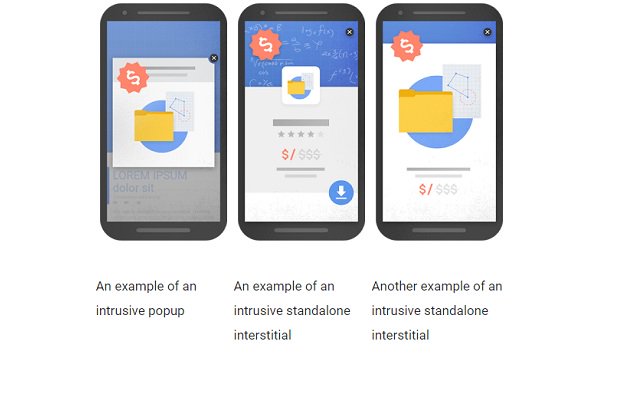Google is to penalise websites that feature intrusive pop-up adverts, with a new search algorithym update that ranks offending sites lower down its results page.
The search giant said the changes, due to come into effect on January 2017, aim to discourage websites from obscuring their content with large ads.
“Pages that show intrusive interstitials [elements that cover the content] provide a poorer experience to users than other pages where content is immediately accessible,” it blogged.
“This can be problematic on mobile devices where screens are often smaller.”
The move comes as Goolge aims to direct people to more informative and less intrusive results. Last year it began boosting the rank of “mobile friendly” websites, and in 2014, it began boosting the rank of sites with encryption as well.
Google makes much of its money from placing ads on the mobile web. and the move also gives users one less reason to use ad-blockers or search within apps instead.
The California-based company gave three examples of practices it wanted to discourage:
Google will, however, make some exceptions. Pop-ups that alert readers to the use of cookies are still permissible, for example, as are ones that require log-in details to let visitors get behind a paywall.
Cookie warnings, age checks and smaller banner ads will not affect a page’s ranking
“Google is one of the largest advertising companies in the world, but it’s in a very different position to Facebook, Snapchat and other global media consumption apps,” said Daniel Knapp, senior director of advertising research at the IHS consultancy.
“Google is still very reliant on the desktop and mobile web to make money, and it’s much more difficult to clean up that experience than the native app environments. That’s why it needs to tighten the screws on everyone with this crackdown.”
